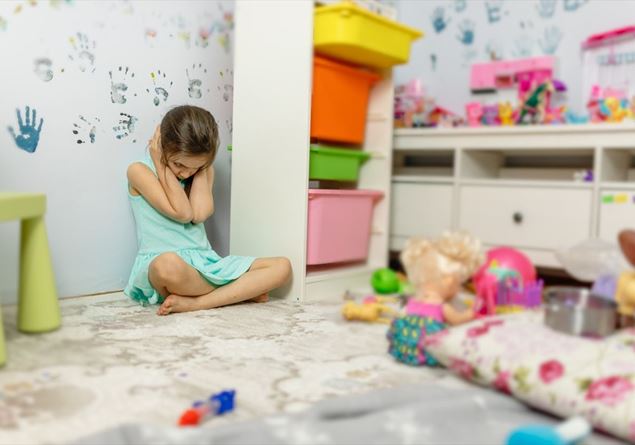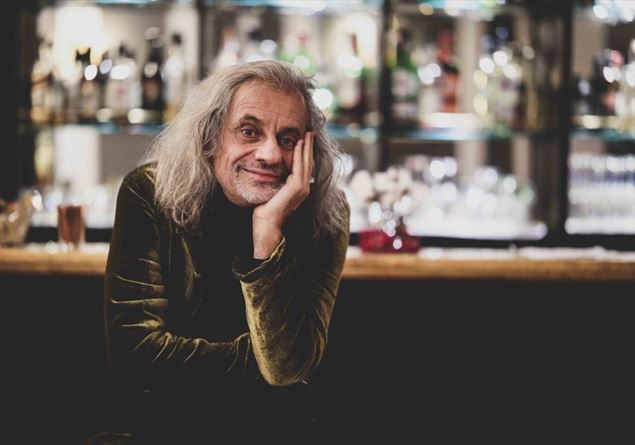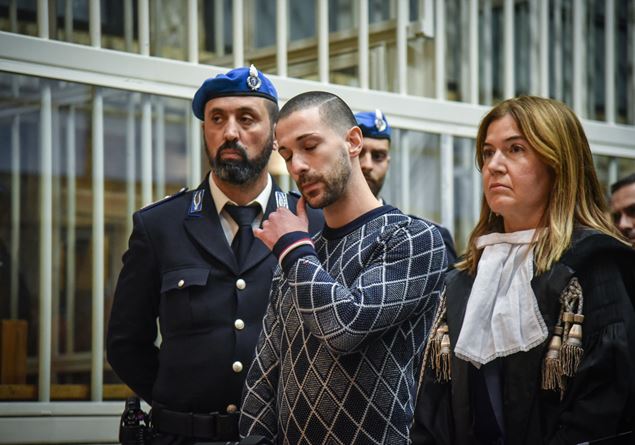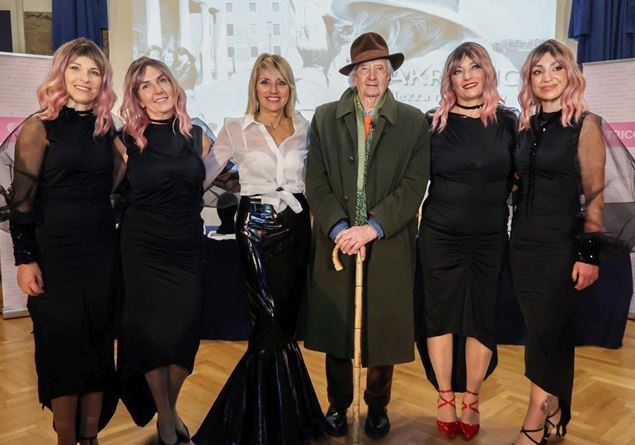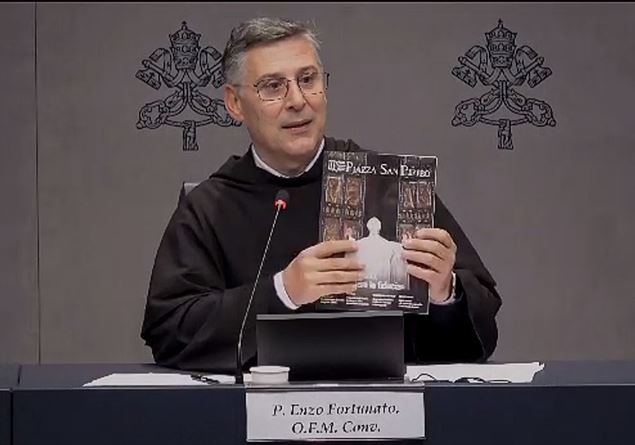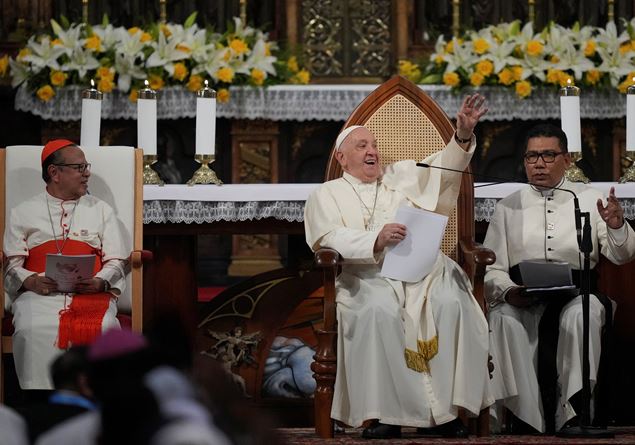
The catechists are the outpost of the Church. Only after them come “the nuns, the priests, the bishops”. And all of us, here “are brothers, there is no one more important than the other, not even the Pope”. Francis meets the Indonesian bishops, priests, deacons, consecrated men and women, seminarians and catechists and begins his speech off the cuff. He asks how many catechists and seminarians there are, then, smiling, he recalls the motto chosen for the apostolic visit: “Faith, fraternity, compassion”. Virtues that, says the Pontiff, “express well both your journey as a Church and your nature as a people, ethnically and culturally very varied, but at the same time characterized by an innate tension towards unity and peaceful coexistence, as the traditional principles of Pancasila testify”.
In a packed cathedral he reflects on the three words. Faith, first of all, which means remembering that “Indonesia is a great country, with enormous natural riches, in terms of flora, fauna, energy resources and raw materials, and so on”. A richness that, if read superficially, could easily turn “into a reason for pride and presumption, but, if considered with an open mind and heart, can instead be a reminder of God, of his presence in the cosmos and in our lives, as Sacred Scripture teaches us”. It is God who gives us all this, “there is not an inch of the marvelous Indonesian territory, nor an instant in the life of each of its millions of inhabitants that is not his gift, a sign of his free and foreseeing love as a Father. And looking at all this with the humble eyes of children helps us to believe, to recognize ourselves as small and loved, and to cultivate feelings of gratitude and responsibility”. He refers to the testimonies, to that of Agnes who spoke precisely about the relationship with creation and with brothers “especially the most needy, to be lived with a personal and community style marked by respect, civility and humanity, with sobriety and Franciscan charity”.
And then fraternity, which means “welcoming one another, recognizing ourselves as equals in diversity. As a twentieth-century poet wrote, “being brothers means loving one another, recognizing ourselves as ‘as different as two drops of water'”. Because, the Pope explains, “there are no two drops of water alike, nor are there two brothers, not even twins, completely identical. We must value cultural, ethnic, social, religious differences. “This is important”, insists the Pontiff, “because announcing the Gospel does not mean imposing or contrasting one’s faith with that of others, but giving and sharing the joy of the encounter with Christ, always with great respect and fraternal affection for everyone”. Francis takes up an expression dear to him used by Don Maxi, that of remaining friends “hand in hand”, “prophets of communion, in a world where instead the tendency to divide, impose and provoke each other seems to be growing more and more. On this I want to tell you something”, he adds off the cuff. He asks if they know who the greatest divider is, “the devil, be careful,” he warns.
He also emphasizes Sister Rita’s request to translate into Bahasa Indonesia, the local language, not only the sacred texts, but also the teachings of the Church “to make them accessible to as many people as possible. And Nicholas also highlighted this, describing the catechist’s mission with the image of a “bridge” that unites. This struck me, and made me think of the wonderful spectacle, in the great Indonesian archipelago, of thousands of “bridges of the heart” that unite all the islands, and even more to millions of such “bridges” that unite all the people who live there! Here is another beautiful image of brotherhood: an immense embroidery of threads of love that cross the sea, overcome barriers and embrace every diversity, making everyone “one heart and one soul”. The language of the heart, do not forget”.
Finally the third word, compassion, «which is closely linked to brotherhood» Because «compassion does not consist in giving alms to needy brothers and sisters looking down on them, from the “tower” of one’s own securities and privileges, but on the contrary in making ourselves close to one another, stripping ourselves of everything that can prevent us from bending down to truly come into contact with those who are down, and thus lift them up and give them hope». Remember that when you give alms you have to touch the beggar’s hand, you have to look him in the eye, not throw the coin from afar so as not to touch him. Compassion means accompanying in his feelings «the one who is suffering, embracing him, and not only embracing him, but also embracing his dreams and desires for redemption and justice, taking care of him, becoming promoters and cooperators, involving others as well, widening the “net” and the borders in a great expansive dynamism of charity. And this does not mean being communists, this is love».
There are those who are afraid of “compassion, because they consider it a weakness, and instead exalt, as if it were a virtue, the cunning of those who look after their own interests by keeping their distance from everyone, not allowing themselves to be “touched” by anything or anyone, thinking in this way that they are more lucid and free to achieve their goals”. Francis recalls a rich person in Buenos Aires who wanted to take more and more. “When she died leaving a large inheritance”, explains the Pontiff, “people laughed saying that they had not been able to close the coffin because she wanted to take everything and took nothing”.
But what drives “the world forward are not calculations of interest – which generally end up destroying creation and dividing communities – but the charity that is given. This moves forward. And compassion does not obscure the real vision of life, on the contrary, it makes us see things better, in the light of love, that is, it makes us see things better with the eyes of the heart”.
Look at the portal of the Cathedral. “In its architecture,” says the Pope, “it seems to me to sum up very well what we have said, in a Marian key. In fact, it is supported, at the center of the pointed arch, by a column on which is placed a statue of the Virgin Mary. Thus it shows us the Mother of God first of all as a model of faith, while symbolically she supports, with her small “yes,” the entire building of the Church. Her fragile body, leaning on the column, on the rock that is Christ, seems in fact to carry with Him the weight of the entire construction, as if to say that it, the work of man’s work and ingenuity, cannot support itself alone. Mary then appears as an image of fraternity, in the gesture of welcoming, in the middle of the main portal, all those who wish to enter. She is the mother who welcomes. And finally she is also an icon of compassion, in her watching over and protecting the people of God who, with joys and sorrows, toils and hopes, gather in the house of the Father. She is the mother of compassion.”
At the end of his speech, Francis once again recalls John Paul II who «visited here a few decades ago, he said precisely addressing the bishops, priests and religious. He quoted the verse from the Psalm: “Laetentur insulae multae” – “Let all the islands rejoice” and invited his listeners to make it happen, «bearing witness to the joy of the Resurrection and giving (…) life so that even the most distant islands can “rejoice” hearing the Gospel, of which you are true preachers, teachers and witnesses». Francis also renews «this exhortation, and I encourage you to continue your mission strong in faith, open to all in fraternity and close to each one in compassion. Strong, open and close. With the strength of faith, with openness, to welcome everyone». He returns to the episode in the Gospel when the guests do not go to the party and the Lord is not discouraged, but sends for everyone. He repeats it several times: «Everyone, everyone, everyone. All inside, all inside with this very beautiful thing that is moving forward with brotherhood, with compassion, with unity. All and I think of the many islands to which the Lord says “all”». And he says it not only to good people, but «he says good and bad, all». And so once again the Pope’s encouragement to be «strong in faith, open to all in brotherhood and close to each one in compassion. Faith, brotherhood and compassion, three words that I leave you and you think about them: faith, brotherhood and compassion».
